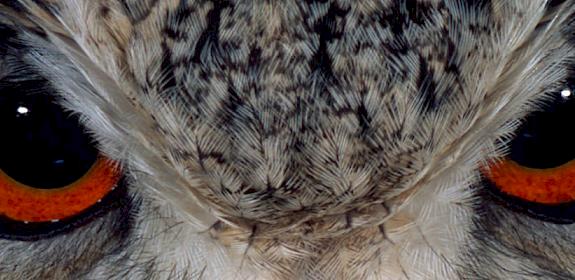Asian songbird crisis summit: Setting priorities to address the threat of songbird trade in the Greater Sunda region
26th-29th September 2015, Jurong Bird Park, Singapore
Songbird-keeping as a pastime is firmly entrenched in local culture and tradition in many regions of Southeast Asia. Southeast Asia has one of the highest global demands and volume of domestic and international bird trade – involving hundreds of species and thousands of individual birds. The capture for the songbird trade is recognized as the single largest threat for many species in Southeast Asia, particularly the Greater Sunda region that comprises Indonesia, Singapore, Brunei and Malaysia. At the present time, there is a lack of regulation, monitoring and enforcement efforts of bird markets, trade routes and collection sites by the relevant authorities. There needs to be an increase in awareness of the species conservation needs’ amongst the public, government and conservation groups.
In response to this crisis, Wildlife Reserves Singapore, TRAFFIC, and Cikananga Wildlife Center, along with other international institutions, have joined forces to host Asia’s first Songbird Crisis Summit.
The Summit's main aim is:
To raise awareness and profile of the songbird trade crisis to enhance conservation and enforcement efforts for threatened species of birds
The major objectives of this Summit are:
Southeast Asian Songbird Working Group
- To establish a Southeast Asia Songbird Working Group with yearly reports and follow-up meetings
- To develop and formalise an overall Strategy and Action Plan for the Songbird Working Group, as well as an agenda of follow-up activities
- To define the responsibility(s) of each party and their role in the conservation and/or protection of these species
Strategy Planning
- To list the top 25 songbird species for the Regional Conservation Strategy of the Greater Sundas;
- To identify species of very high priority and develop species-focused action plans/publications to reduce the threats to each of these species;
- To develop actions to be taken to encourage governments in the region to close down open large-scale bird markets trading in threatened and illegal species;
- To provide current information and recommendations to BirdLife International to aid in the IUCN Red List status re-assessment of these key species for 2016;
- To make suggestions to improve or re-assess national and international protection status of songbird species – particularly heavily traded species
- To identify species that would benefit from being listed in the Appendices of CITES and develop actions to move these recommendations forward;
- To produce a written “protection” agreement or MOU for each species to be signed by the ‘action’ organisations.



